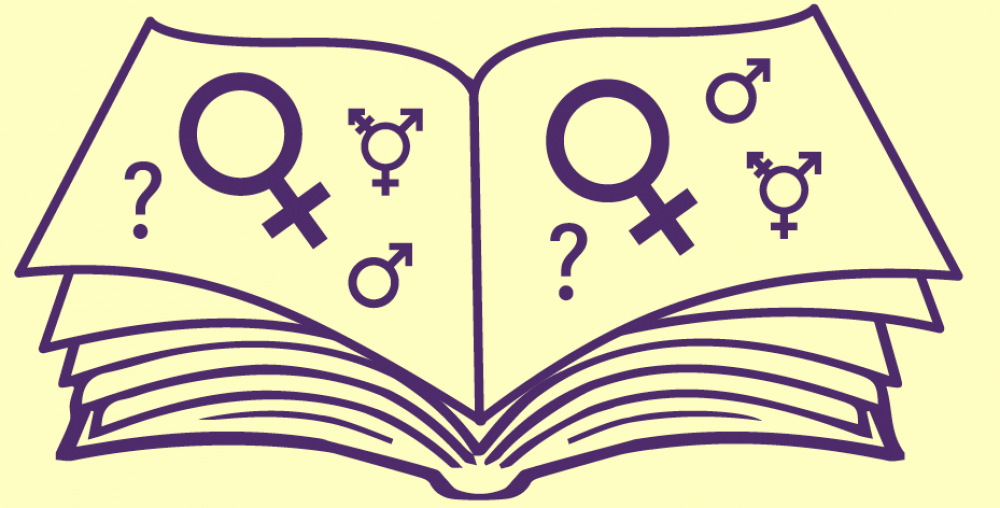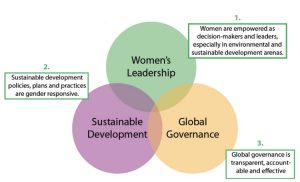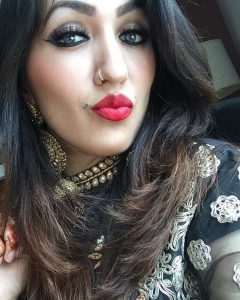Vision & Mission
Mission
To contribute toward its vision for the world, WEDO’s mission is to ensure that women’s rights; social, economic and environmental justice; and sustainable development principles-as well as the linkages between them-are at the heart of global and national policies, programs and practices.
Approach
WEDO views strong and diverse partnerships as integral to meeting its goals. It allies with women’s organizations; environmental, development and human rights organizations; governments; and intergovernmental organizations, including the United Nations, to achieve its mission. WEDO’s core competency has been high-level advocacy in international arenas, while building bridges among a range of stakeholders.
Goals
WEDO works on a range of cross-cutting issues—from climate change and natural resource management, to global governance and finance and UN reform—toward three interlinked goals.Research and raising awareness, fostering and facilitating networks and campaigns, and building capacity and training—with women and women’s organizations, gender advocates, government and UN actors, and many others—comprise strategies to meet WEDO’s goals. While WEDO works at the international level primarily, it supports regional and national stakeholders, networks and governments to turn policy commitments on gender equality into action—striving to improve the lives of women and men around the world.
Our Focus Areas
Our thematic focus areas have changed over the years in response to emerging global issues and we are constantly working to stay on top of the world’s most pressing issues facing women. WEDO is currently working on the broad themes of:
Climate Change
Biodiversity
Peace, Conflict and Natural Resources
Disaster Risk Reduction
Sustainable Cities and Transport
International Finance and Trade
Our Programs
From on the ground mobilization of women activists to building women’s leadership to ensuring safe space and participation opportunities for women’s civil society to advocacy on international legal agreements, WEDO programs work to support and build a movement at all levels that can shift behavior, change global and local systems and promote justice for all. We do this through training advocates and activists, building capacity via knowledge products, raising awareness through communications and outreach, directly influencing climate policy, supporting decentralized mobilization and more.
It doesn’t say anything about a volunteer program but it does say join team. So there are open positions and there is an option to donate on the website.
WHY WORK WITH WEDO?
Support women and girls’ rights, leadership, and movement building
Learn more about our focus areas: climate change, biodiversity, peace conflict & natural resources, disaster risk reduction, sustainable cities & transport, international finance & trade
Contribute to our programs: Gender-Responsive Policy, Participation is Power, Empower Women – Benefit All, Mobilizing Women for Climate Justice, Women’s Leadership
Engage in interesting events, workshops, trainings, and conferences
Connect with partner organizations, experts, and feminist activists from around the world
Develop practical skills and join a team of committed, knowledgeable individuals
WEDO is an equal opportunity employer and encourages, promotes and supports diversity in all aspects of its work.







